Winter Skin Care: How to Protect Your Skin in the Cold
The winter months bring cozy sweaters, festive vibes, and snow-filled fun. But, let’s be real the cold, dry air can really take a toll on your skin. Dry patches, flaky skin, and chapped lips? Don't worry! In this blog, we're answering some common questions about winter skin care and sharing practical tips to keep your skin healthy and hydrated throughout the season.
Why Does Your Skin Get Dry in Winter?
Cold temperatures outside and dry heating inside lead to low humidity, which causes your skin to lose moisture more quickly. This is why your skin may feel tight, rough, and sometimes even painful. A solid skin care routine is essential to fight back against these harsh winter conditions.
Which Ingredients Help With Dry Winter Skin?
Not all skin care products are created equal when it comes to winter. Some ingredients are especially helpful in nourishing and protecting your skin from the cold:
- Shea Butter: Packed with fatty acids and vitamins, this ingredient deeply nourishes and creates a protective barrier against moisture loss. It's perfect if your skin feels particularly dry or cracked.
- Jojoba Oil: Closely mimicking the natural oils in your skin, jojoba helps repair your skin barrier without leaving an oily residue. It’s great for anyone dealing with tight, uncomfortable skin.
- Hyaluronic Acid: This one’s a moisture magnet, helping your skin stay hydrated by trapping water and keeping it locked in.
- Glycerin: Works like a moisture magnet, helping to keep your skin soft, smooth, and hydrated all day long.

How to Adjust Your Skin Care Routine for Winter
Your skin needs a little extra love in the winter months. Here are some adjustments you can make:
- Gentle Cleansing – Avoid harsh cleansers with alcohol or foaming agents that can strip your skin. Opt for a mild, hydrating cleanser that won’t dry you out.
- Rich Moisturizer – Choose a thicker, nourishing cream with ingredients like Shea Butter to lock in moisture.
- Exfoliate in Moderation – Don’t over-exfoliate, as this can damage your skin’s protective barrier. Exfoliating once a week is usually enough to slough off dead skin.
- Protect Your Skin During the Day – Don’t forget to wear sunscreen, even in the winter! UV rays are still present all year round.
- Extra Nighttime Hydration – Use oils like Jojoba or an intensive nourishing mask in the evening for that extra boost your skin craves.
How to Deal With Chapped Lips
Your lips don’t have sebaceous glands, which makes them even more vulnerable to the cold. Here's how to keep them soft and smooth:
- Use a lip balm with nourishing ingredients like Shea Butter or Beeswax.
- Drink plenty of water—hydrated lips start from within!
- Avoid licking your lips, as this can actually dry them out even more.
How to Keep Your Hands and Feet Soft in Winter
Hands and feet take a beating in the winter, but these simple steps can help:
- Hands: Use a rich hand cream and wear gloves when you're outside to protect your skin from the cold.
- Feet: Apply a nourishing cream or Shea Butter to your feet before bed, and put on cotton socks to lock in moisture overnight.
Extra Winter Tips for Healthy Skin
Beyond skin care products, there are a few simple changes you can make to keep your skin in top shape:
- Drink Plenty of Water: Hydrating from the inside is just as important as hydrating from the outside.
- Use a Humidifier: This can help prevent the air in your home from getting too dry, which can dry out your skin.
- Avoid Hot Showers: Hot water can strip your skin of moisture. Opt for lukewarm water and try to keep your showers to a maximum of 10 minutes.

Final Thoughts
Winter doesn’t have to be a nightmare for your skin! By using the right products and ingredients, you can prevent that tight, dry feeling and keep your skin healthy and glowing. Whether you go for nourishing Shea Butter or a light Jojoba Oil, make sure you’re giving your skin the TLC it needs. Want to learn more about natural skin care? Check out our collection and find what works best for your skin!





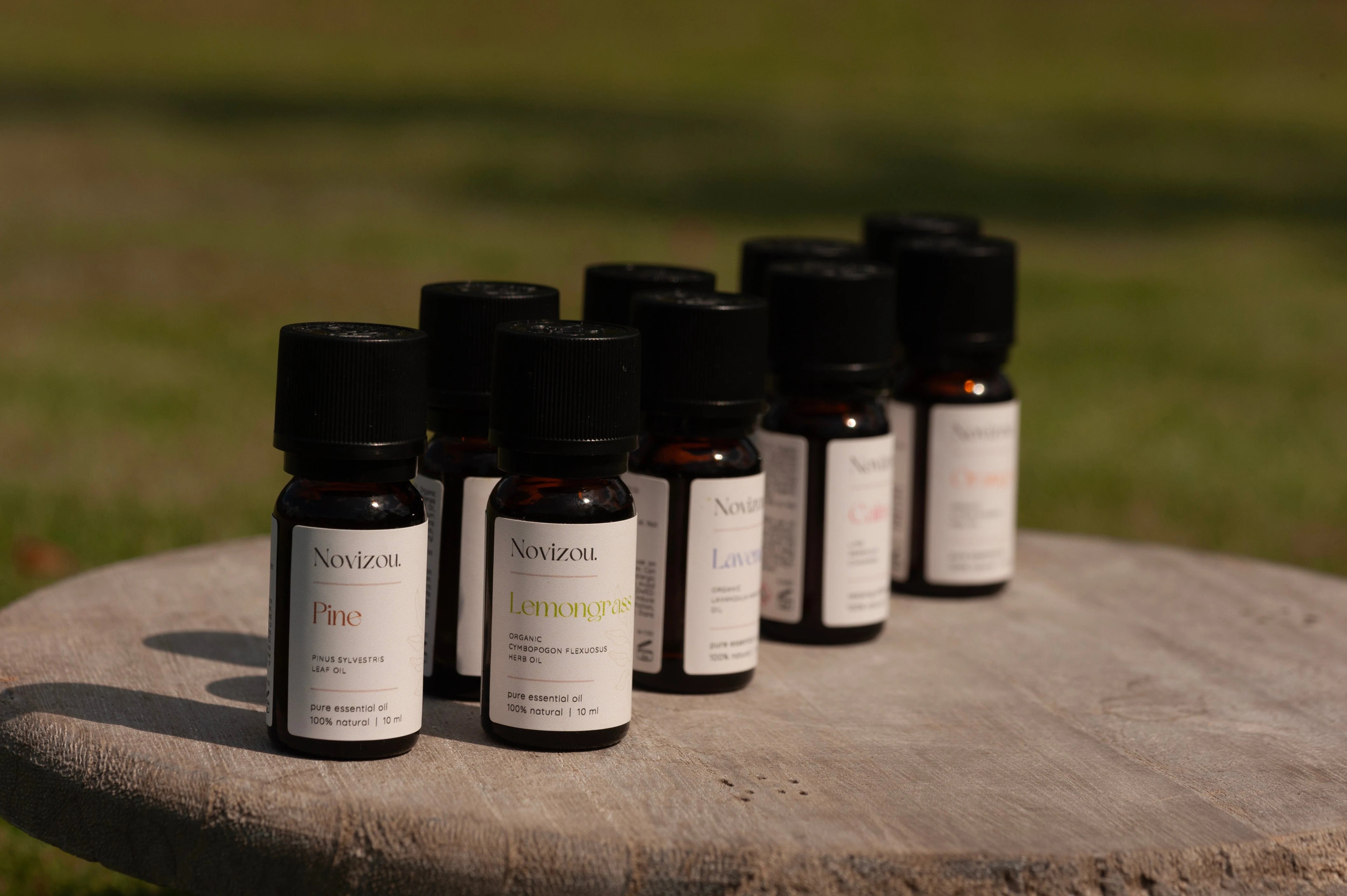
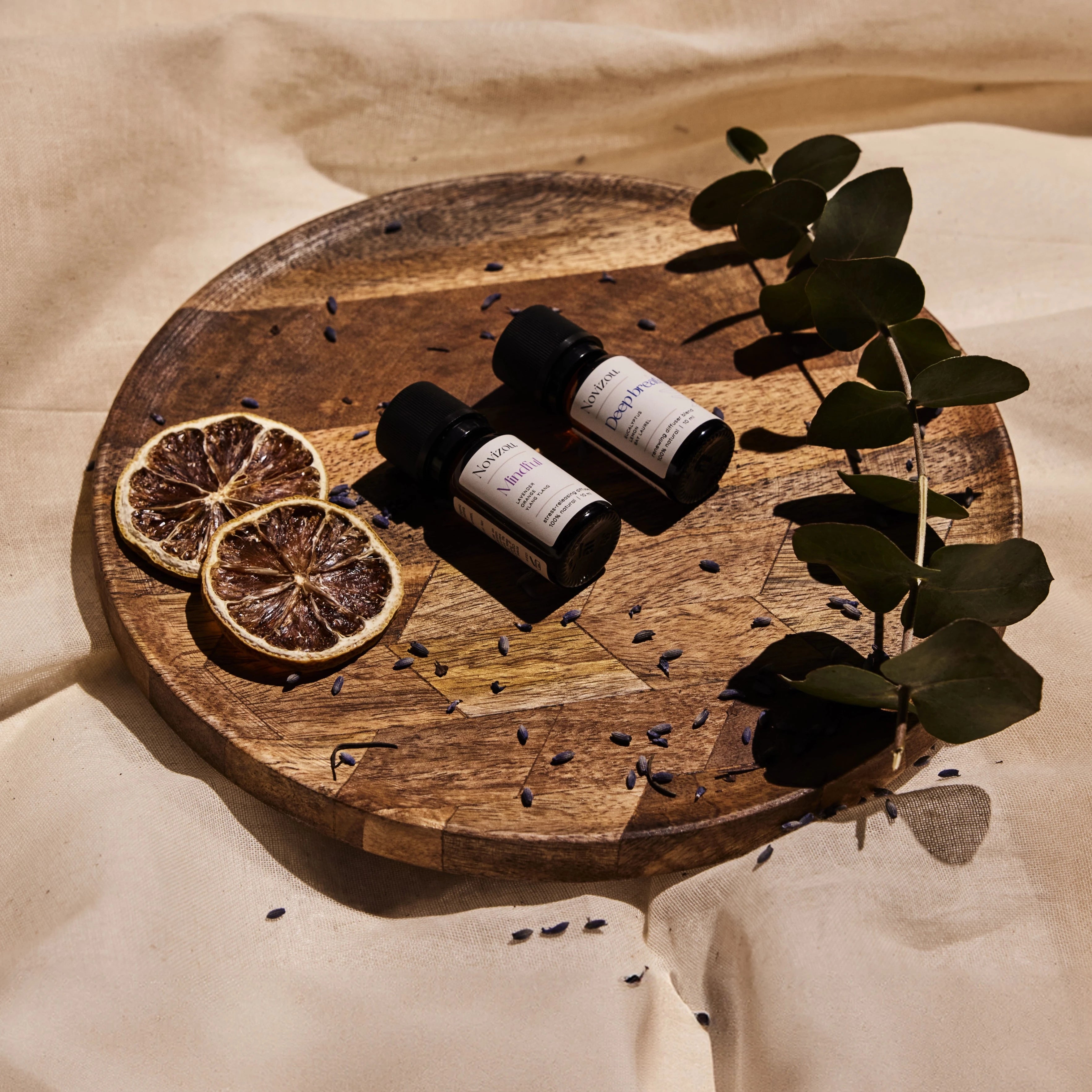
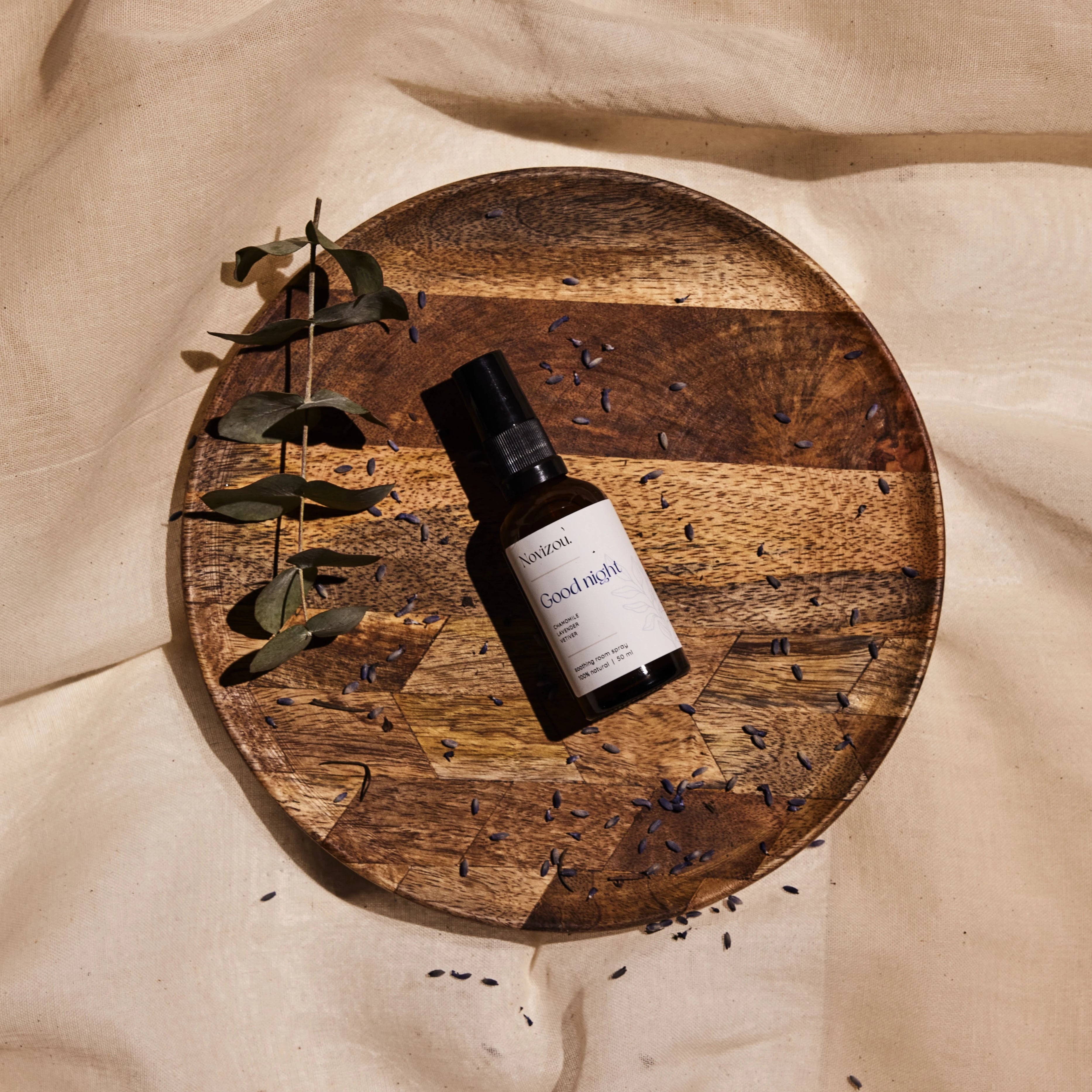
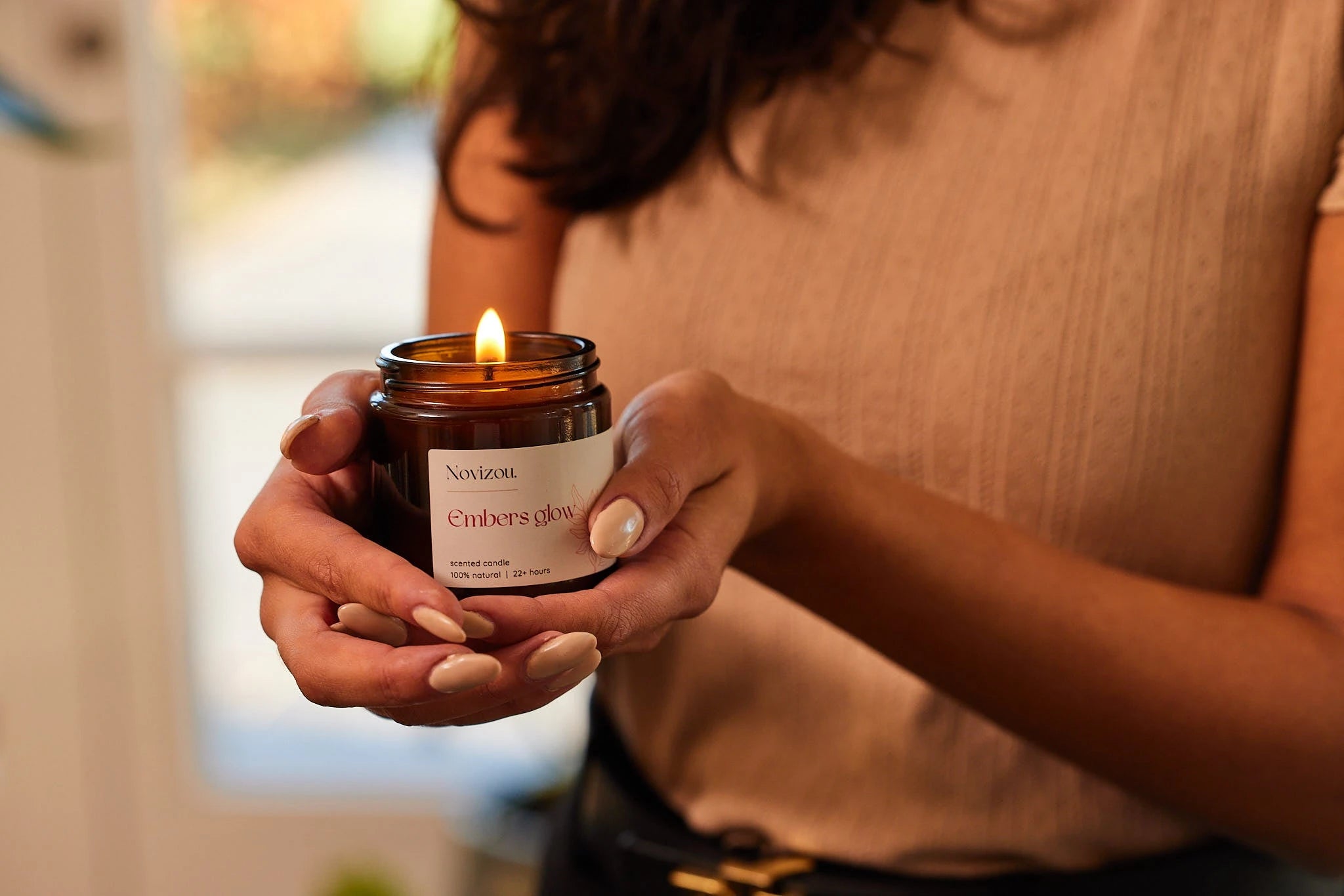
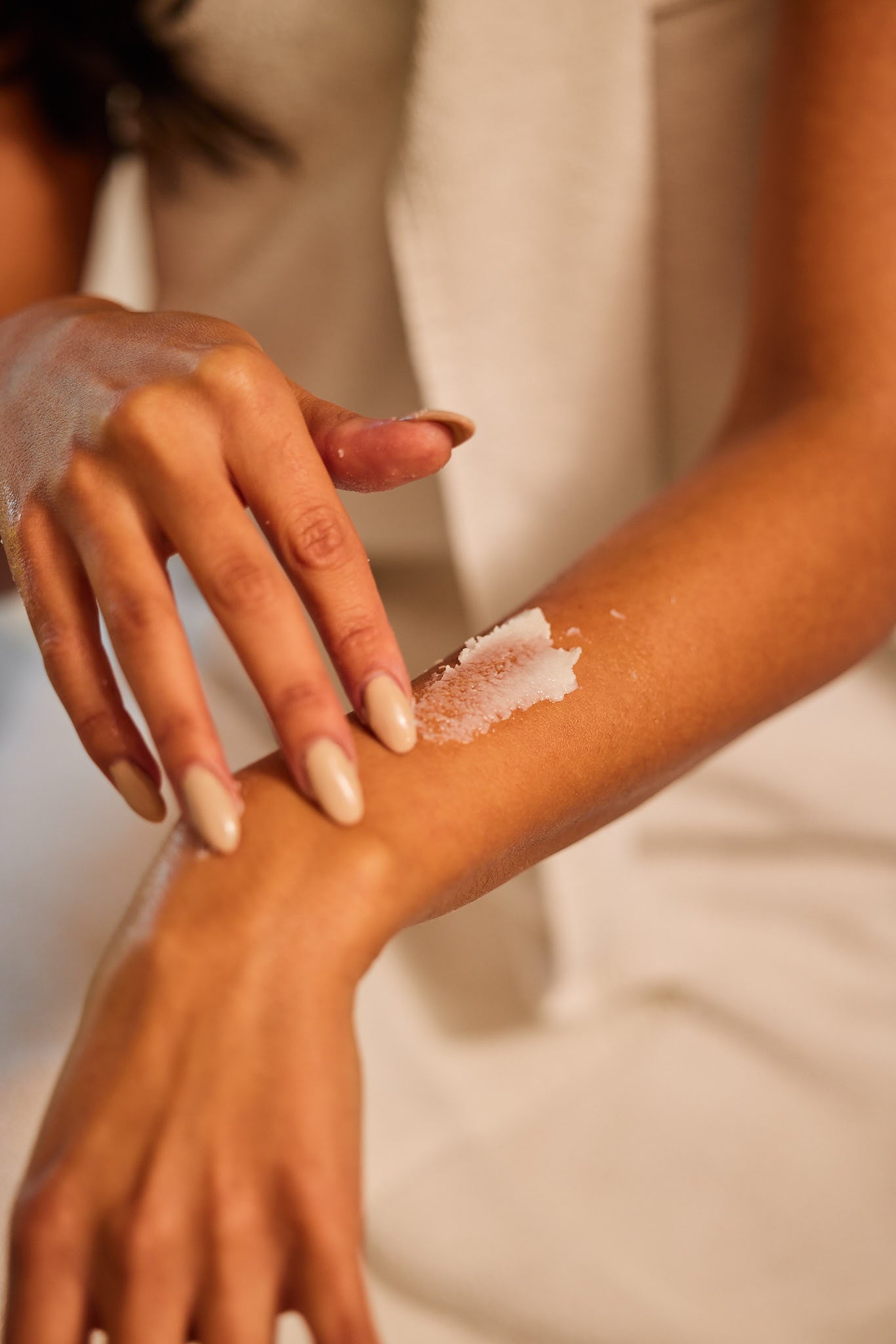



Leave a comment